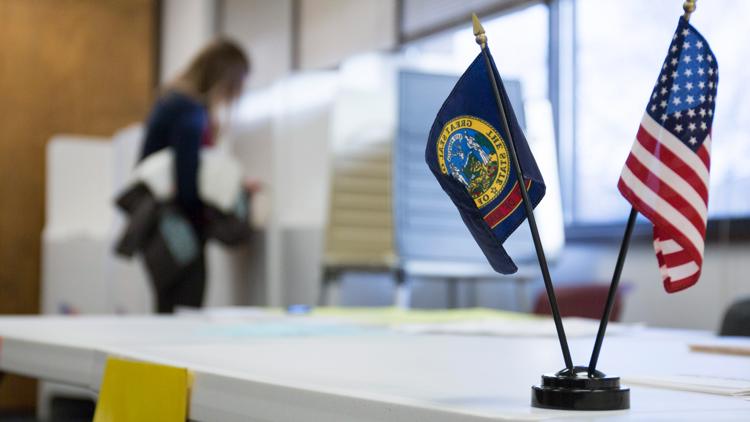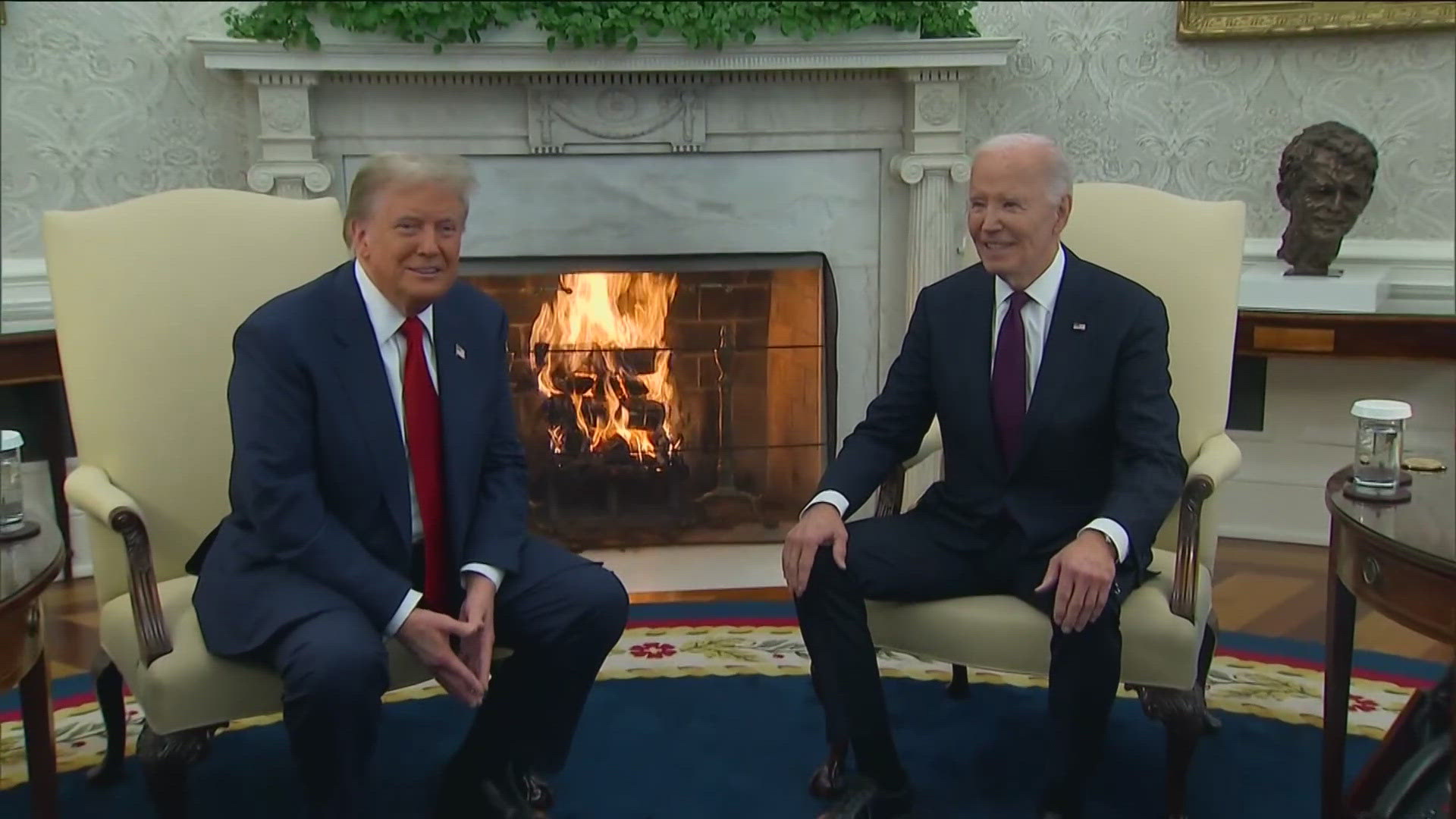IDAHO, USA — Click here for live Idaho election results
Idahoans headed to the polls on Nov. 5, to vote on what was the highest profile issue in the Gem State this election, Proposition 1. It failed, by a fairly large margin, with urban areas voting more in favor, and rural areas against it.
Proposition 1 (Prop 1) contained two different election changes; open primaries and ranked choice voting in general elections.
Open primaries would have eliminated Idaho’s current party-focused primaries. Instead, all candidates would have participated in a top-four primary. Any voter would vote on all the candidates rather than the candidates within their registered party. Then the top four vote earners, regardless of party, move on to the general election.
The second part of Prop 1 was ranked choice voting in November general elections.
Ranked choice voting is when voters have the option to rank their choices in order of preference on the ballot, but aren’t required to rank all of them. This replaces our current single-vote system. If a candidate is the first choice of more than 50% of voters in the first round of counting, that candidate is the winner.
Prop 1 was the single biggest contest, outside the U.S. Presidential election, on the ballot this year in Idaho. Advertisements and commercials supporting or opposing the ballot measure have been running for months.
Supporters said the proposal counters political parties closing their primaries to non-party members and allows every Idaho voter to participate in the primary process. When it comes to ranked choice voting, supporters say it allows voters to choose their preferred candidate, but also rank the remaining candidates on the ballot in case that preferred candidate finishes last. Voters would not be required to rank the remaining candidates on the ballot if they choose not to.
Opponents of Prop 1 said the current primary process already allows voters to participate and choose which candidate will represent the party in the general election, which is the point of the primary election. Opponents also point to the cost of switching to a ranked choice system, estimated to possibly be around $40 million by Idaho Secretary of State Phil McGrane. They also say the ranked choice voting system is confusing to voters and takes away the "one person - one vote" system.
However, with the proposition failing, no changes will be made to the Idaho Primaries.



